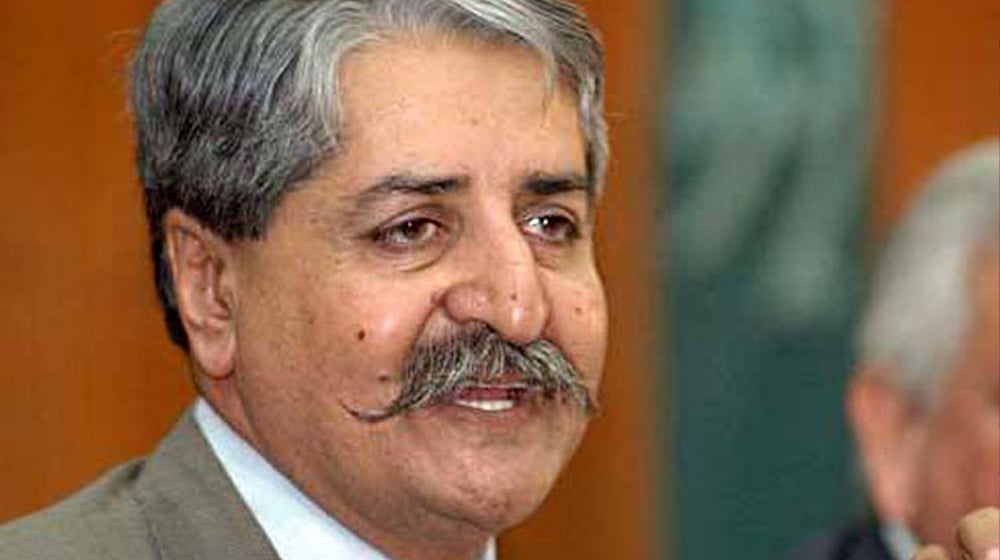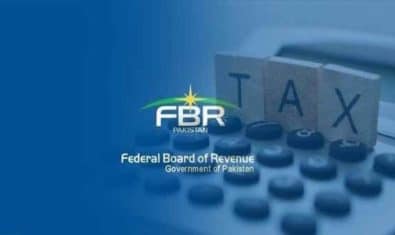Federal Minister of Commerce Syed Naveed Qamar is refusing to sign off on the Pakistan Land Port Authority in the cabinet, complaining that his ministry was not consulted, reports Business Recorder.
Pakistan Land Port Authority (PLPA) aims to be responsible for boosting trade and reducing the cost of business through inter-agency coordination for the movement of goods and people across borders (BCPs). Envisioned under Strategic Trade Policy Framework (STRF) 2012-15, Asian Development Bank (ADB) had given a green signal to finance the establishment of PLPA, reported Business Recorder.
The land port entry points on borders were to be transformed into integrated checkpoints resulting in swift transportation of people, vehicles, and goods. They would have eased immigration, customs, cargo security, and quarantine. The existing facilities were to be upgraded and PLPA was to focus on three major points of Wahgah, Chaman, and Torkham which were later to be extended to other places.
PLPA was developed on international standards and the matter was forwarded to Prime Minister’s Office and PLPA Steering Committee which later approved the proposal through the current government budget and existing public sector officials in Phase-I
The Revenue division was bound to get in-principle approval from the cabinet under the Rules of Business 1973. It had prepared a synopsis, mandate, legal, governance, and administrative structure to grant PLPA the legal cover it needed.
When the Revenue Division sought the in-principle approval, Commerce Minister Naveed Qamar said his ministry was not consulted despite being the key stakeholder. The Cabinet later approved the Pakistan Land Port Authority summary subject to approval from the Commerce Ministry.
Ministry of Commerce, on the other hand, has issued a clarification stating that in fact, Minister Naveed Qamar made efforts to ensure that the establishment of PALPA, an initiative of the Ministry of Commerce approved by the Cabinet in 2012-15 Strategic Trade Policy Framework, is expedited. Improvements in the business processes at the Border Crossing Points (BCPs), where there are a number of government agencies present and function as per their mandate, are fundamental to facilitating and improving Pakistan’s regional connectivity, a function which is mandated by the Ministry of Commerce, according to the Rules of Business and also as per the best international practices.
In the last Steering Committee Meeting held after the meeting of the Federal Cabinet, it was agreed that the Ministry of Commerce would spearhead the process of the enactment of PALPA’s Law, being the custodian of the Authority.
Furthermore, a final meeting of the concerned Ministries including Ministries of Interior, Communication, Planning & Development, Commerce and the Federal Board of Revenue (FBR), to approve the draft Act of the Authority before its placed before CCLC, is scheduled to take place this week.






















Look at our minister with no degree in commerce he is chairing such an important seat. This is how we waste the potential of our country by imposing those who don’t know.